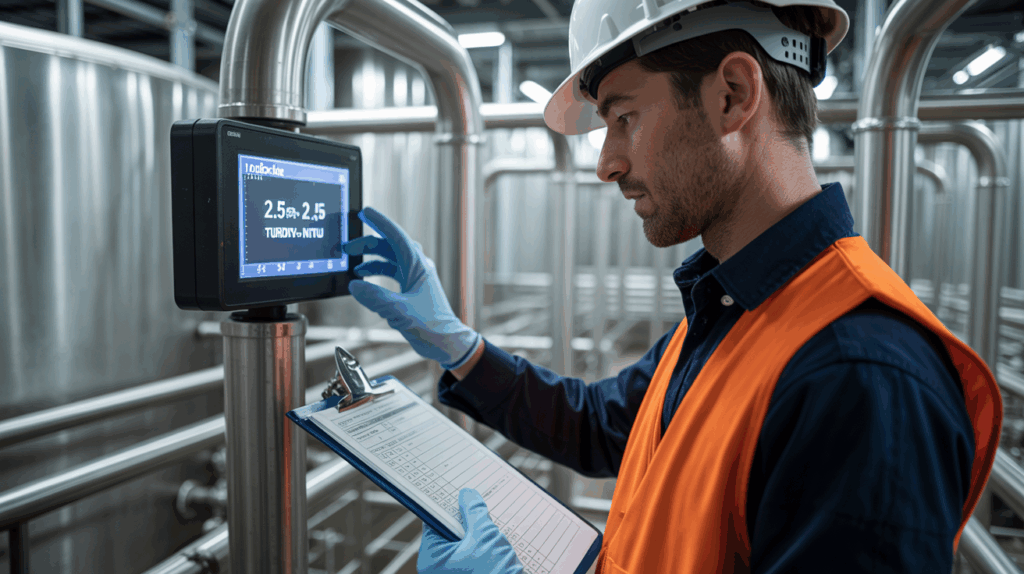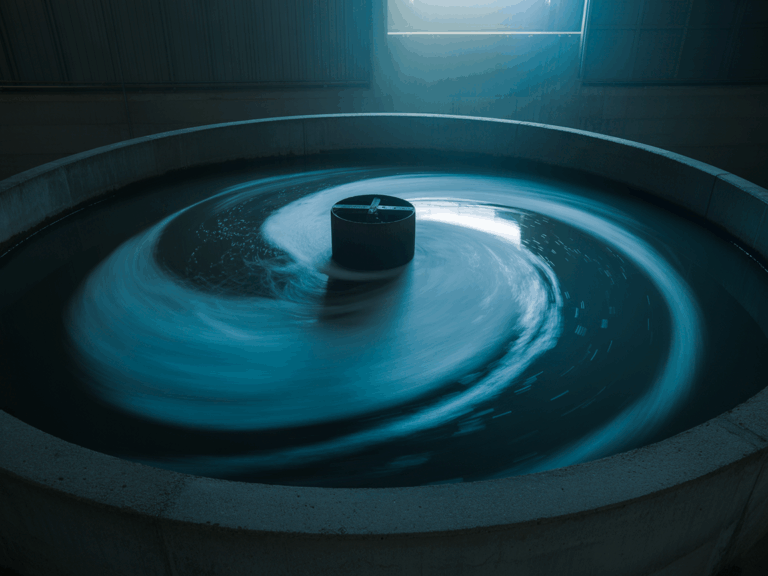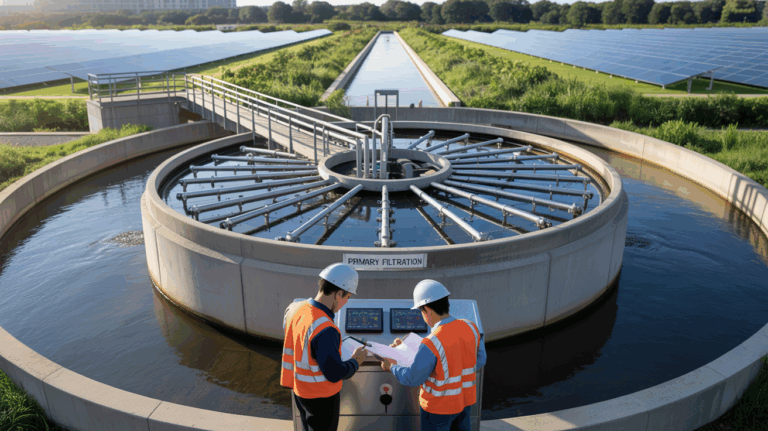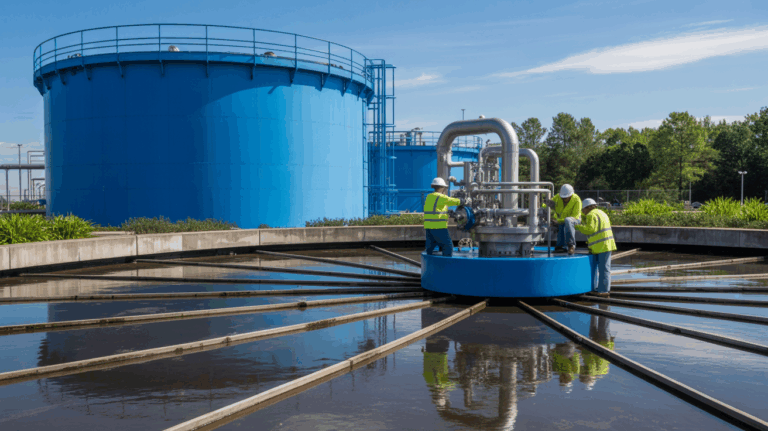System checks are a critical part of maintaining wastewater equipment and ensuring that every component is working as it should. Whether you’re running a commercial treatment plant, a municipal system, or an industrial wastewater solution, regular system checks help identify potential issues before they become costly repairs, keeping your operations compliant, safe, and efficient.
Why Regular System Checks Are Essential
Wastewater systems operate under demanding conditions, processing large volumes of water and solids daily. Without regular inspections, small performance issues can quickly lead to breakdowns, compliance violations, and environmental hazards. Conducting system checks ensures that pumps, valves, filtration units, and control panels are all functioning properly.
Key benefits of routine system checks include:
- Preventing unexpected equipment failures.
- Maintaining compliance with environmental regulations.
- Extending the lifespan of your wastewater equipment.
- Improving overall efficiency and reducing energy costs.
- Identifying and addressing issues before they escalate.
What’s Included in a Wastewater System Check

A thorough system check should evaluate every part of the operation. This can include:
- Pump inspections – Checking for wear, leaks, and proper flow rates.
- Valve and piping checks – Ensuring there are no leaks, blockages, or corrosion.
- Filtration system evaluation – Confirming filters are clean and functioning correctly.
- Electrical system testing – Inspecting control panels, wiring, and automation systems.
- Flow measurement and calibration – Verifying accurate readings for operational efficiency and compliance.
- Safety system review – Checking alarms, sensors, and emergency shut-off systems.
How Often Should System Checks Be Performed?
The frequency of system checks depends on the type of wastewater system, its workload, and compliance requirements. In many cases:
- Commercial and municipal systems benefit from monthly or quarterly checks.
- Industrial systems with heavy usage may require more frequent inspections.
- Annual comprehensive inspections are recommended for all systems.
Following a consistent schedule ensures early detection of issues and maximizes uptime.
Signs Your Wastewater System Needs Immediate Attention
While regular system checks are important, certain warning signs indicate an immediate need for inspection:
- Unusual noises from pumps or motors.
- Inconsistent flow rates or pressure drops.
- Frequent clogging or filter replacements.
- Leaks or visible corrosion in piping.
- Alarms or warning lights on control systems.
Addressing these signs promptly can prevent costly downtime and damage.
The Role of Professional Technicians in System Checks
While some maintenance tasks can be handled in-house, professional technicians bring expertise, tools, and experience that ensure no detail is overlooked. They can perform advanced diagnostics, recommend performance upgrades, and verify that your system meets all applicable regulations.
How Waste Water Supply Supports Your System Maintenance
At Waste Water Supply, we provide the parts, products, and expertise to help you maintain your wastewater systems. Whether you need replacement components, upgraded equipment, or guidance on best practices for system checks, our team is here to support your operation from start to finish.
Protect Your Operation with Regular System Checks
Preventative maintenance is always more cost-effective than emergency repairs. Regular system checks keep your wastewater equipment in top shape, extend its lifespan, and ensure you remain compliant with all regulations.
Contact us today to learn more about how we can help you perform thorough system checks and keep your wastewater operations running at peak performance.




